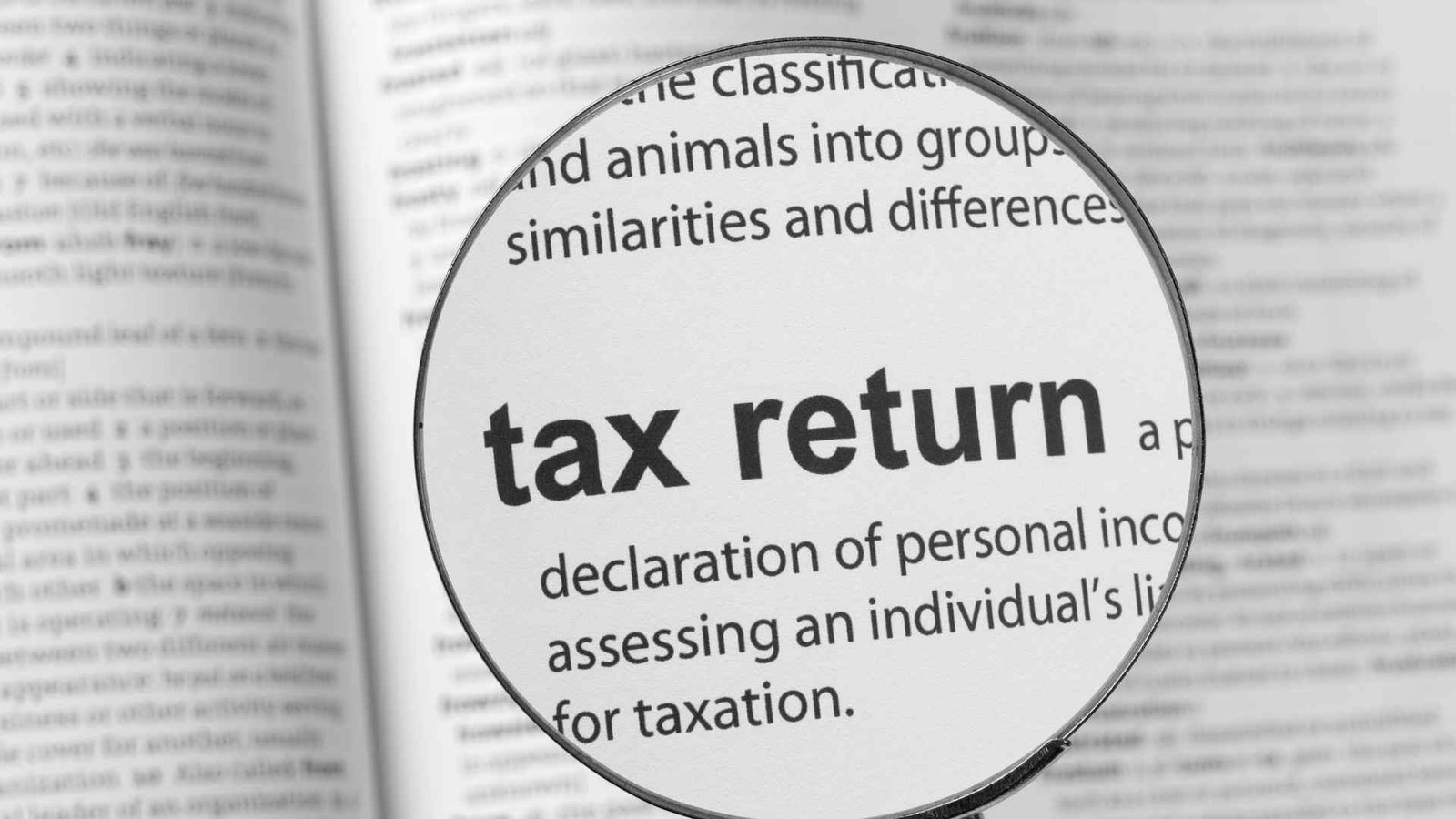The United Arab Emirates (UAE) is entering a new chapter in its economic landscape with the implementation of its first-ever corporate tax returns. This significant shift marks a departure from the UAE’s long-standing reputation as a tax haven, aligning it more closely with global tax practices. In December 2022, the UAE Ministry of Finance announced a federal corporate tax system set to take effect for financial years starting on or after June 1, 2023. The corporate tax (CT) is levied on the net income of corporations and other entities operating within the UAE. The standard rate is 9%, applicable to taxable income exceeding AED 375,000, while income below this threshold is exempt from taxation. This new law aims to diversify the UAE’s revenue sources and reduce dependence on oil revenues, reflecting a broader strategy to enhance economic resilience. As part of this transition, businesses in the UAE are now required to file annual corporate tax returns. Key Features of the Corporate Tax Law The corporate tax law introduces several important features for businesses: Tax Periods: The initial tax period for businesses starts on June 1, 2023, and ends on May 31, 2024.
Topics
- Artificial Intelligence
- companies
- Construct 360
- E-Commerce industry
- Economy News
- Economy News
- Editor Choice
- Edtech industry
- energy industry
- Entertainment & Leisure
- Entrepreneurs
- Featured
- Fintech
- Funding News
- General News
- Government Policies
- Growth & Strategy
- Health & Wellness
- Healthtech
- industry
- Information & Communication Technology
- Lifestyle
- Management
- Management and Leadership
- Marketing & Branding
- Merger and Acquisition
- Money & Personal Finance
- News
- Oil and Gas
- Real Estate
- Sports and Productivity
- Start-up
- Technology
- Top 10 Listing Article
- Travel
- Women
More
Popular Categories




